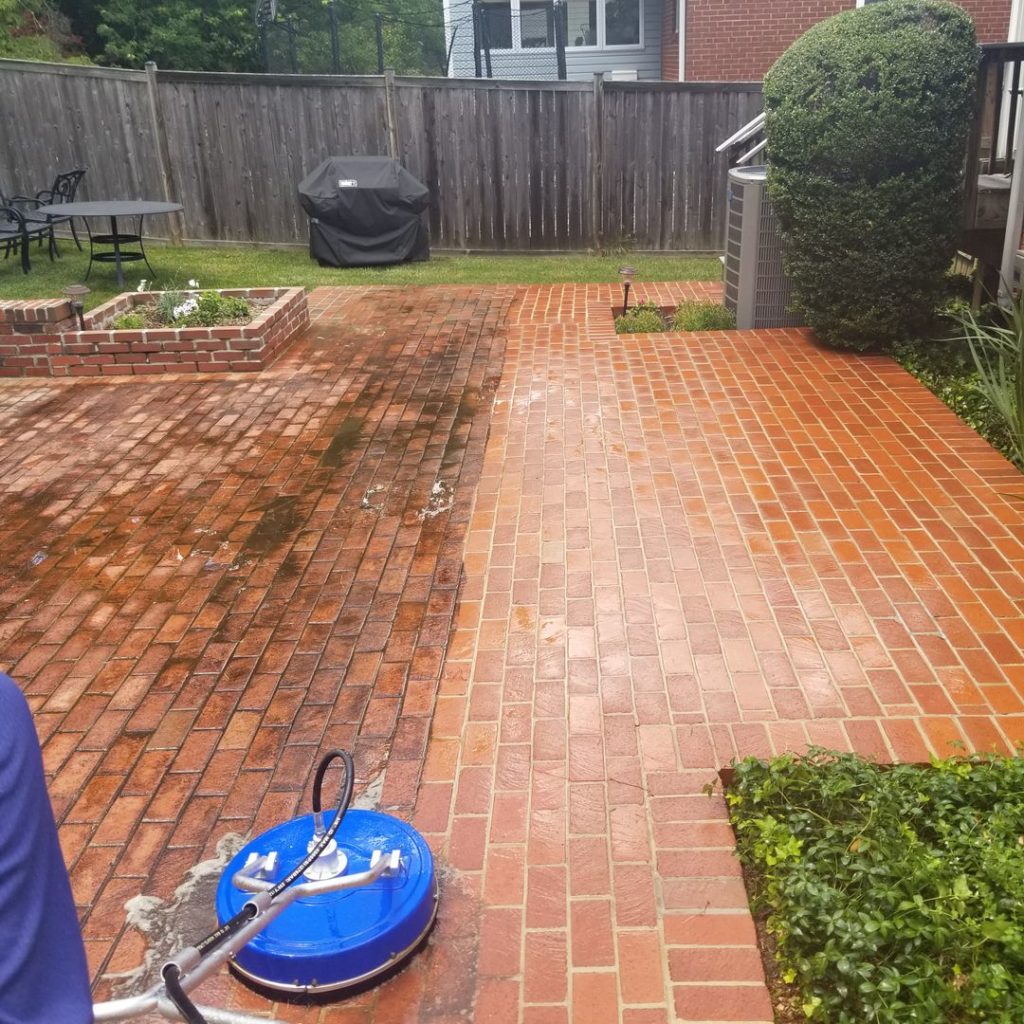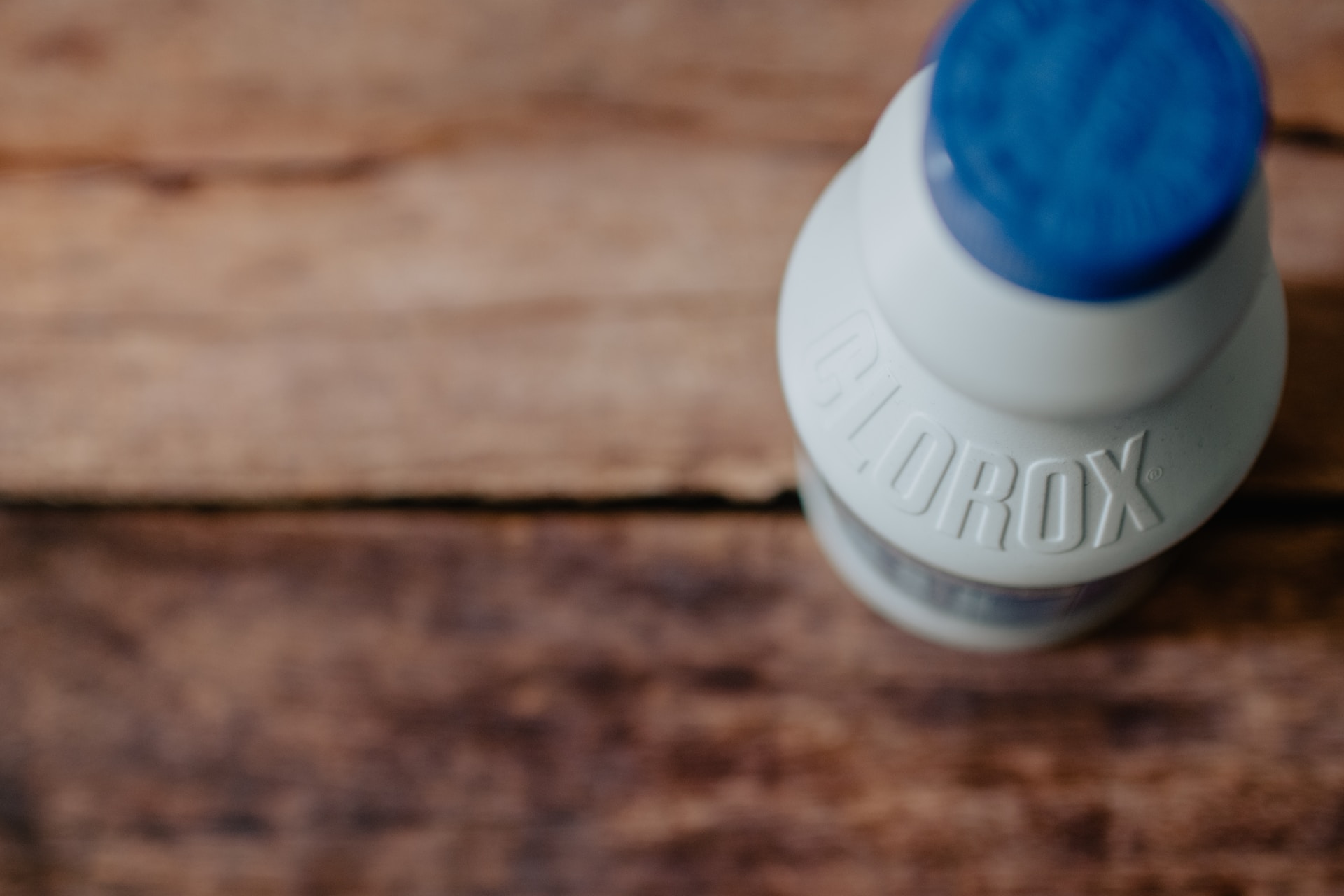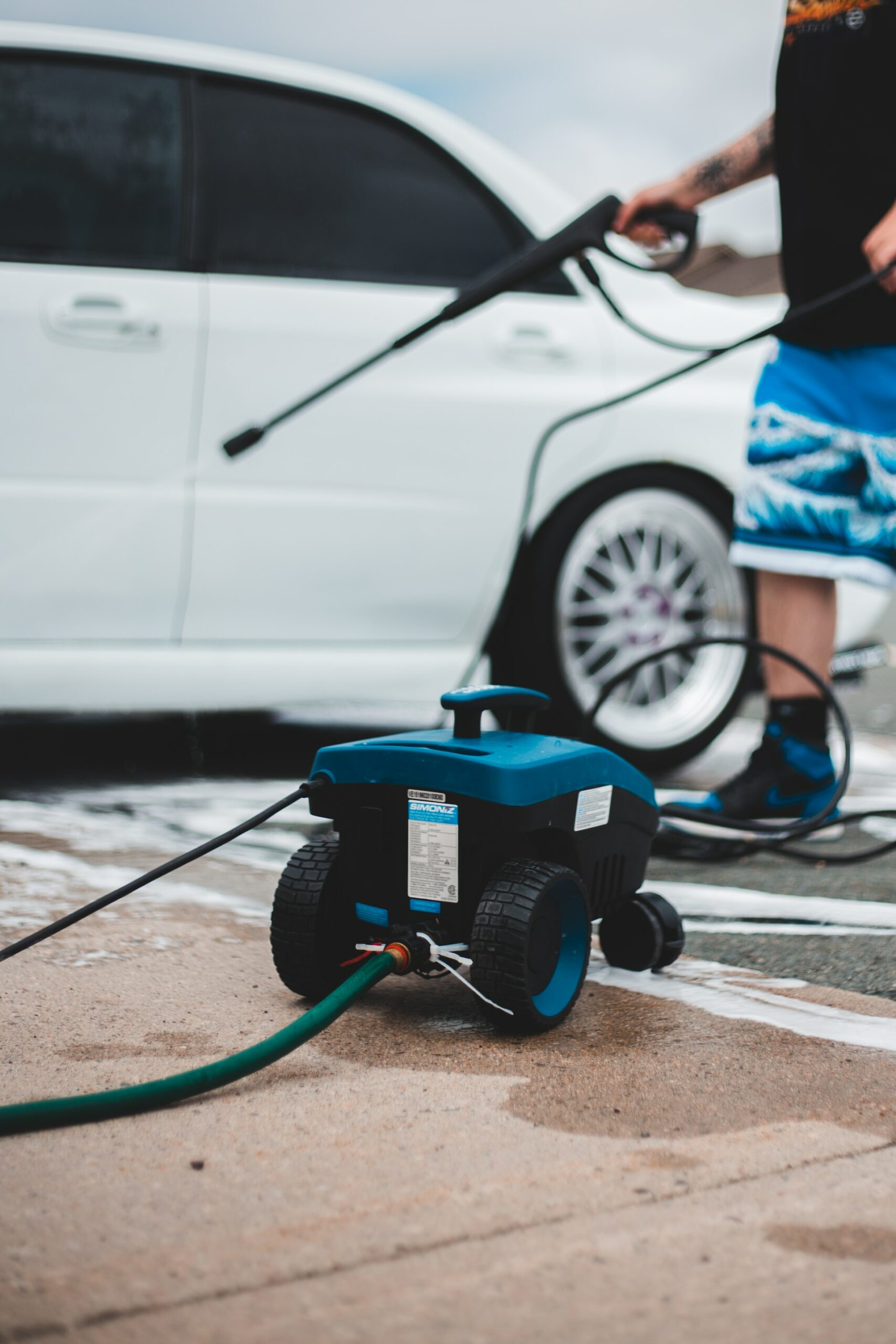When anyone arrives at a new location, be it a new store, restaurant, or house, the first thing we notice is the exterior. Humans are very superficial in that we will judge a location, not for the contents of the building, but the exterior appearance. Are there any lessons to be learned here other than the fact that humans are judgmental?
Similarly, your front yard is the face of your home. It’s what everyone will judge when they see your house for the first time. Regardless of how nice the interior or backyard is, the front yard will leave a lasting impression; the term “curb appeal” was coined with this in mind.
We’ve talked a lot about different ways you can keep your property sparkling clean, so let’s keep the ball rolling with your pavers. Acting as a pathway or just accent stones around your landscaping, your pavers leave a lasting impact on your yard. Nobody likes the way stones look when caked in moss and mud. Not only that, but dirty pavers are also a slipping hazard.
Let’s get those cleaned up for you with our favorite tool: the pressure washer.
Clear the Area of Debris
Oftentimes neglected by those in too much of a rush, it’s always important to clear your workspace of loose items. Objects such as rocks, branches, or loose dirt all have the potential to become projectiles when working with a pressure washer.
When struck, these objects can hit some crazy speeds. It goes without saying, but a rock under the influence of a pressure washer will cause some serious damage to whatever it strikes. This can lead to significant property damage or injury. Clear your area to the best of your ability before you begin pressure washing.
Let Loose the Juice
Now that the boring stuff is done, we can finally have a little fun with our chores. Your pressure washer alone is more than powerful enough to clean your precious stones. Let’s start with the tip.
As we will be pressure washing stone or brick pavers, a green nozzle tip is your ideal pick. This tip gives you strong enough pressure to clean your pavers while maintaining a manageable spray pattern effectively. While green is not the most powerful tip, it’s still powerful enough to do damage. Before you begin pressure washing, be sure that there is nothing and nobody in the direction you are spraying.
A common misstep is spraying directly at your target. Instead, come in at an angle. An angle of about 45º lets the supercharged water get underneath any dirt or grime present on the stones instead of pushing it deeper down in the recesses of the rocks. Clean in a pattern of vertical lines, moving from one end of the stone to the other before beginning a new line.
Reseal Your Pavers
Now that your stones are looking shiny, it’s time for some preventative maintenance. An important part of ensuring the longevity of your pavers is resealing. This will protect them from moisture, the elements, and also stupid weeds.
This should ideally be done every two years. If it’s not time, you’ll have to inspect the seal and see if it needs to be reapplied. If the pressure washing was a bit strong, it may have worn away some of the pre-existing sealant. In order to address this, be sure to reapply some sealant to get the most out of your pavers.
Now that your beautiful outdoor masonry is clean, you can rest assured in the knowledge that you are creating lasting impressions. Not in the “Does anybody live there?” kind of way, but the “Wow, what a beautiful home” kind of way.
If you found that your pavers took a long time to clean, it’s important that you stay on top of the maintenance. Depending on where you live, your conditions could mean it is necessary to clean the pavers more often. Earlier is always better, so blast that dirt before it gets an extended reservation.
If the task feels daunting (or boring – we get it), we’re here for you. Give us a call, and we’d be more than happy to help you make a great first impression.


